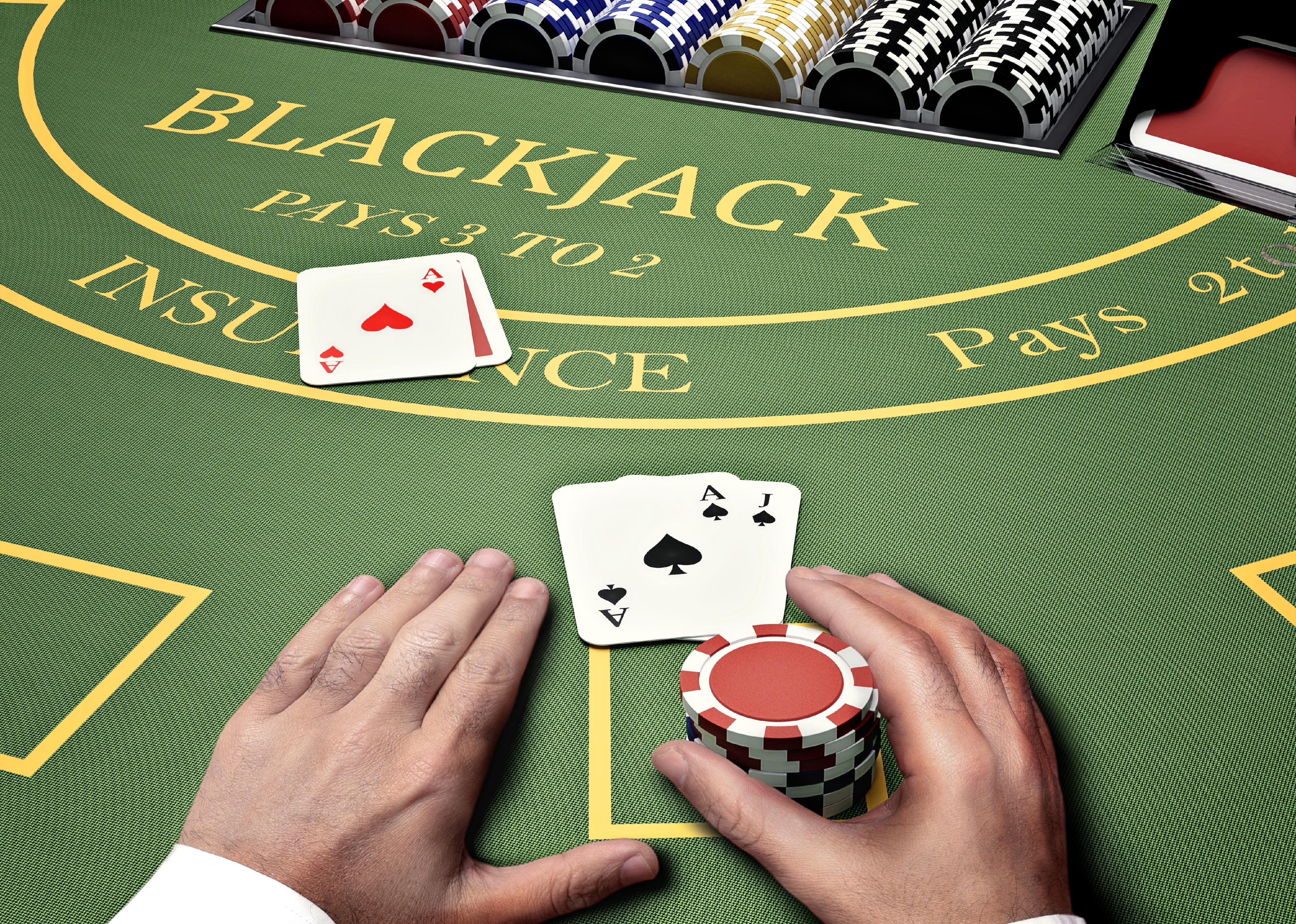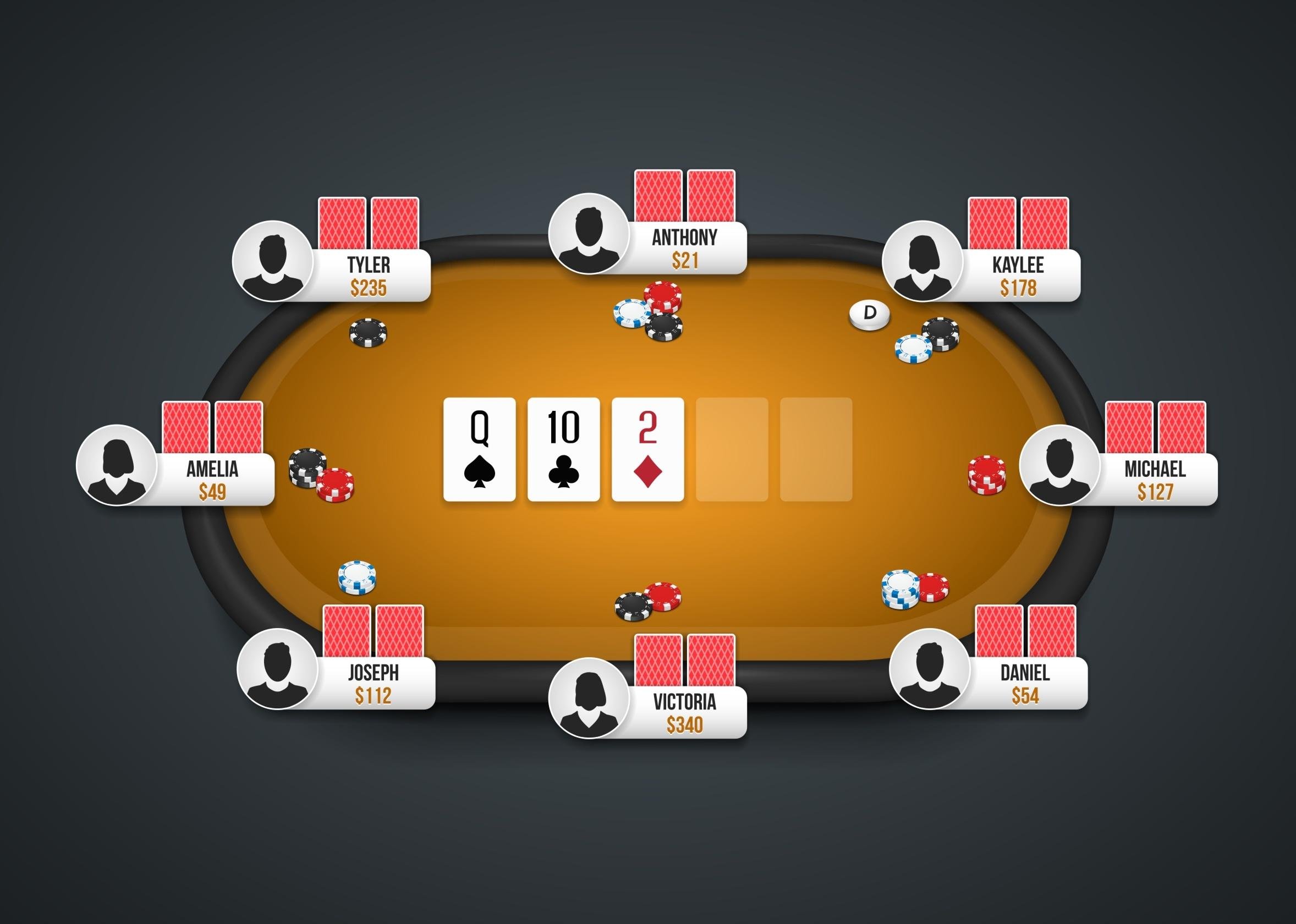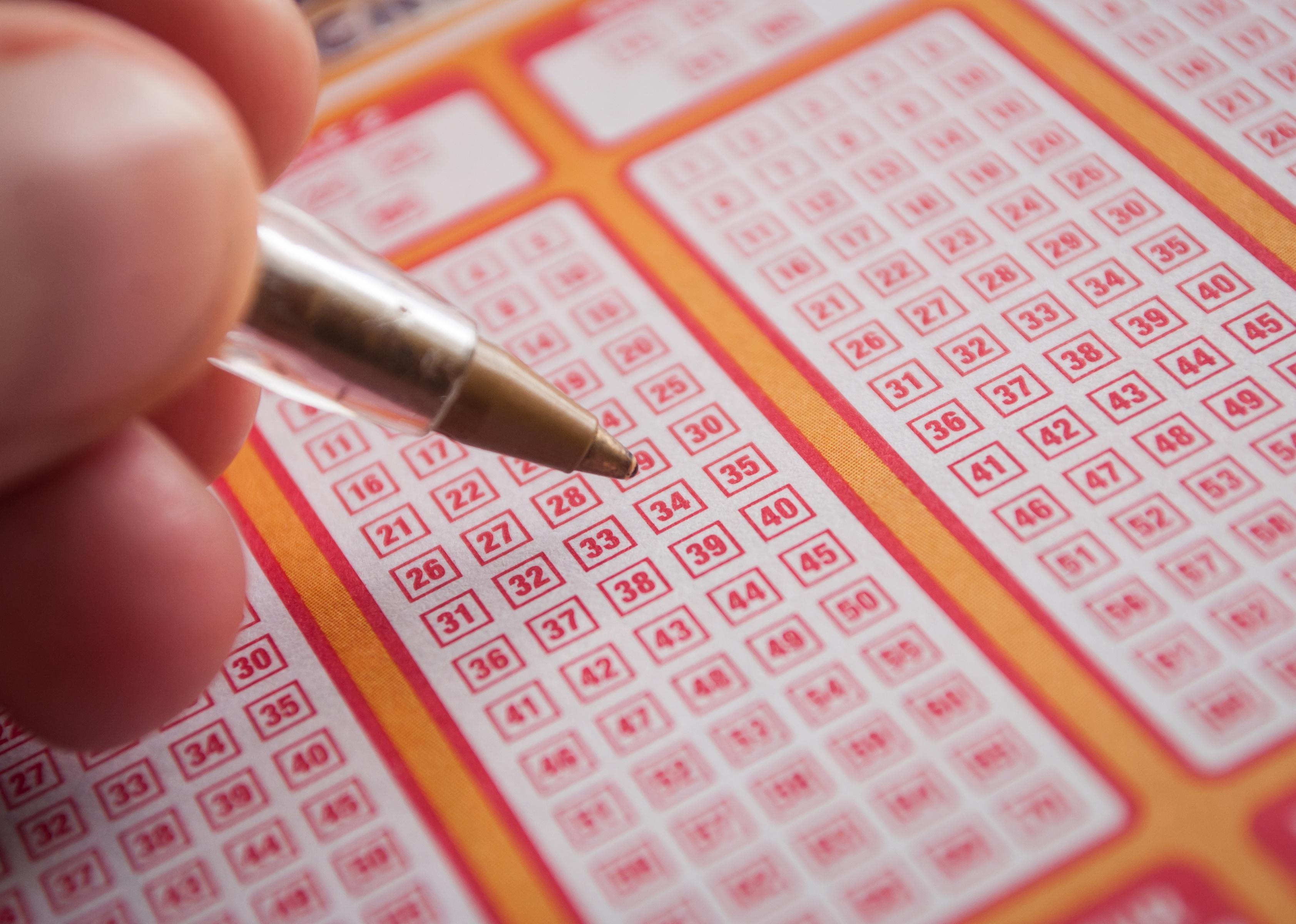
The history behind 7 casino games that are popular to play online
This story originally appeared on The Game Day Casino and was produced and distributed in partnership with Stacker Studio.
The history behind 7 casino games that are popular to play online
The introduction of the internet marked a significant turning point for iconic casino games—slot machines, poker, blackjack—and their transition to online gaming.
The adoption of the online gambling industry allowed for popular forms of gambling to be played anywhere around the world at any time. The continued growth of online casino entertainment indicates that the industry isn't going anywhere and will only continue to evolve. In 2022, online casino games generated about $5 billion in revenue, up about 35% from the previous year, according to a Wall Street Journal report.
The history and evolution of these numerous emblematic casino games date back centuries. Games like blackjack, a catalyst for the gaming world, would emerge in the middle of the 18th century. The history of baccarat can be traced back to gambling salons in Italy and France. Slots, known as one-armed bandits, developed out of earlier poker-playing machines in the late 19th century—all contributing to the betting capital that is Las Vegas and gave way to the rise of gambling in Nevada.
With that in mind, The Game Day Casino compiled a list of the history behind popular casino games to play online by using data from research guides, books, and articles.

Blackjack
The exact origins of blackjack remain a matter of debate. Many researchers agree that the popular game evolved from vingt-et-un (twenty-one) and originated in France. It's been said that French colonists brought the game to North America when they settled in New Orleans, and the game spread throughout gambling houses that were legalized in 1823—over the years, the game changed its name from twenty-one to blackjack. The basis for this playing card game is to beat the dealer's hand with a score as close to 21 without going over.

Poker
Similar to blackjack, poque was brought to the United States with the arrival of the French colonists in Louisiana. The 16th-century French game structure changed along with the name in the second half of the 19th century when it was introduced to the gambling salons of New Orleans and later Mississippi riverboats. Players added a draw feature and unwanted cards were allowed to be thrown out. In addition to the flush and straight winning combinations, the deck was expanded from 20 to include all 52 cards.

Texas Hold 'em
Texas Hold 'em, a well-known variety of the poker family genre, was created in Robstown, Texas, and dates back to the early 1900s. In Texas Hold 'em, two hole cards are dealt to each player, which can only be used by the player to which the hand is dealt—followed by five community cards dealt face-up, which can be used by all players to make the best poker hand.
The game has seen an increase in popularity in the last three decades—with televised tournaments—coming from a younger generation of players prompting a stronger presence online. It's considered the most popular poker variant played at the World Series of Poker, the longest-running poker tournament series in the world.

Slots
The rules of the "one-armed bandits" are simple: Slots start with a crank of the lever; the resulting combination of symbols determines the winners. New York-based company Sittman and Pitt developed the first slot machine in 1891 as an early poker-playing machine where five drums would spin a poker hand. A good hand won you a beer or cigarettes at the bar.
1894 saw the invention of the Liberty Bell by Charles Fey which featured three spinning reels that showcased five symbols—horseshoe, diamond, spade, heart, and a Liberty Bell. This simplified the number of card combinations possible and helped automate the payout system.
In 1963, the slot machine would undergo another transformation with Money Honey, the first electromechanical slot machine. A 1976 update by Fortune Coin developed the modern-day video slot, adding a button that mimicked the function of the crank handle, which was showcased at the Las Vegas Hilton Hotel.

Roulette
Nineteenth-century European spa casinos popularized roulette and the emergence of mercantile gambling. It is said to be a game of French origin, adapted from the English roly-poly, and once again was introduced to the United States in New Orleans. American-style roulette was adapted with the game of double zero that gave the house a higher edge. Today, the convenience of online gambling has given roulette a resurgence. Players can choose to experience it with their choice of live streaming or app.

Baccarat
Like many games, baccarat's origins are shrouded in mystery. Its history is traced back to the gambling salons of Italy and France and derived from the Chinese game pai gow, which means to make nine. Baccarat is said to be introduced to the United States in 1911, but much like its origins, this has been contested by some historians who state that the first printed record of the game dates back to 1871. Nowadays, you can find a baccarat table at every casino in Las Vegas, but the game was surprisingly absent from the list when Nevada legalized casino gambling in 1931. It was through Cuban casinos that Sin City finally discovered the game.

Keno
Keno's origins begin in China. The lottery-style game is said to be among the oldest casino games tracing its roots back to the Han Dynasty. Chinese immigrant railroad workers—constructing the first transcontinental railway—introduced the game to North America in the 19th century. The game would become widely referred to as the "Chinese lottery" until the industry changed the name to "horse race keno" to get around laws prohibiting lottery gambling. Today, the game has evolved to 80 numbers instead of the original 120 characters. Online casinos offer many more versions of the popular keno game, from lotteries to slot machines.



